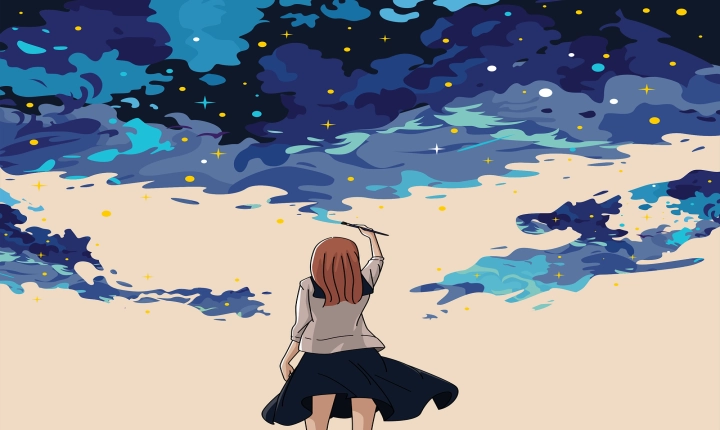Could AI Replace Artists?
The rise of artificial intelligence (AI) has brought about many changes in various industries, and the field of art is no exception. With advancements in AI technology, there is a growing debate about whether AI could potentially replace human artists in the future.
AI has been used in various creative endeavors, from music composition and painting to writing and design. Companies and researchers have developed AI systems that can create original pieces of art, music, and literature, leading to questions about the role of human artists in a world where AI is increasingly capable of creative expression.
One of the arguments in favor of AI replacing artists is the efficiency and consistency it offers. AI systems can generate large volumes of artwork in a short amount of time, and they can do so with a high degree of precision and accuracy. This could potentially lead to a more cost-effective and scalable way of producing art, which may appeal to businesses and consumers.
Additionally, AI algorithms can analyze vast amounts of data and learn from patterns, leading to the creation of artwork that may resonate with a wide audience. In contrast, human artists often rely on their individual experiences and perspectives, which can limit the appeal of their work to certain audiences.
On the other hand, many argue that AI can never fully replace the creativity and emotional depth that human artists bring to their work. Art is often deeply intertwined with the human experience, and the ability to convey complex emotions, tell stories, and provoke thought through creative expression is seen as a uniquely human trait.
Furthermore, the idea of art as a form of personal expression and cultural reflection is central to the value it holds in society. Many argue that the authenticity and uniqueness of human-created art cannot be replicated by AI, as it lacks the depth of human experience and emotional intelligence.
It’s important to note that while AI has shown impressive capabilities in generating art, it is often trained on existing works and relies on predefined parameters set by human programmers. This raises questions about the originality and authenticity of AI-generated art, as well as the ethical considerations surrounding the ownership and attribution of such work.
Ultimately, the question of whether AI could replace artists is complex and multifaceted. While AI has demonstrated significant potential in creative fields, the emotional and cultural nuances of human artistry cannot be easily replicated by technology. Instead of replacing artists, AI may serve as a tool to enhance and complement human creativity, offering new possibilities for artistic expression and innovation.
As the debate continues, it is essential to consider the role of AI in the art world thoughtfully and to address the ethical, legal, and cultural implications of its integration into the creative process. Whether AI will ever fully replace human artists remains uncertain, but one thing is clear: the impact of AI on the future of art is a topic that will continue to spark dialogue and exploration.
